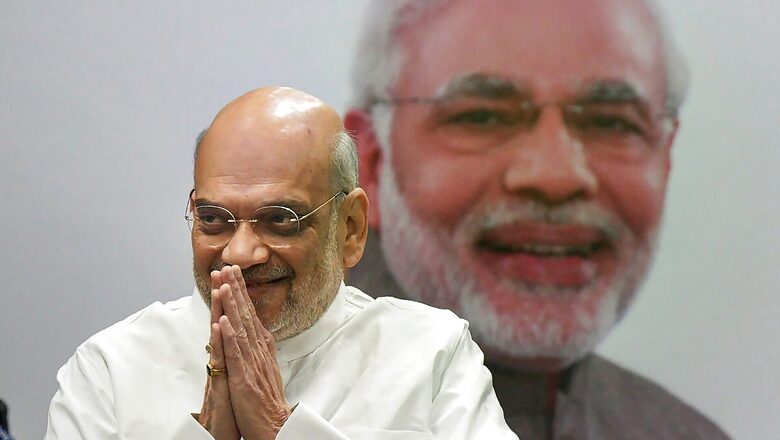
views
The introduction of three new bills in the Lok Sabha to replace the Indian Penal Code (IPC), Code of Criminal Procedure (CrPC), and Indian Evidence Act is a landmark in the legislative history of the nation. The legal overhaul will now go through Parliamentary scrutiny before being passed and implemented.
These bills — Bharatiya Nyaya Sanhita (2023), Bharatiya Nagarik Suraksha Sanhita (2023) and Bharatiya Sakshya Bill (2023) — will overhaul the existing British-era laws. They are a welcome move in view of India’s emergence as a superpower, and efforts of the Modi government to shed India’s colonial past.
WHY IS IT A LANDMARK MOVE?
The IPC, CrPC, and Evidence Act are remnants of British colonial era. They have served India for over a century. But many of their contents are vestiges of control mechanisms created by the British to subjugate India.
They do not reflect the unique challenges and aspirations of a modern India. There is a pressing need to have criminal laws (and indeed civil laws) that reflect the country’s current socio-political context.
Removing Outdated Provisions: Some provisions in the current laws have been criticised for being unsuitable for a modern India. Several of these old laws are being removed or reworked.
Modernisation: New types of crimes, especially those related to technology and digital fraud needed to be covered.
A Humane Justice System: A significant shift in global legal paradigm has been the emphasis on restorative justice over punitive measures. As mentioned by Union Home Minister Amit Shah in Parliament, “justice instead of punishment” is order of the day.
Streamlining Legal Processes: The legal system in the country is plagued by procedural delays and cumbersome processes. Justice often takes a long time in being delivered. The new laws will seek to simplify the processes and make the justice system more efficient and accessible.
Indianising Laws: The British-era laws do not reflect India’s socio-cultural values and aspirations. A legal framework more representative of the people is essential.
Lok Sabha adjourned, Home Minister #AmitShah poses sweeping reforms while Opposition continues protest the suspension of Rajya Sabha LoP Adhir Ranjan Chowdhury: @_pallavighosh & @Arunima24 decode with @AnushaSoni23#ParliamentSession #Sedition #AdhirRanjanChowdhury pic.twitter.com/ZEK1HlVIzb— News18 (@CNNnews18) August 11, 2023
WHAT WILL CHANGE? A FEW EXAMPLES
- Sedition is likely to be completely scrapped. The current law was drafted in 1837 and has been a point of contention.
- A new provision for ‘subversive activities’ will address acts against the state. Offences such as separatism and waging war against the country are defined as separate offences.
- The new laws will adopt a gender-neutral approach, ensuring that legal provisions are inclusive.
- Stricter punishment, including death penalty, is being proposed for heinous crimes like gangrape & rape of minors. Life imprisonment will now be defined as ‘imprisonment for natural life’.
- Provisions may introduce community service as a form of punishment emphasising rehabilitation of offenders.
- Given the rapid advancements in technology and the emergence of new types of crimes, the new bills are expected to have provisions that address cybercrimes, digital evidence, and other modern challenges more effectively.
- Streamlining existing laws and making the justice system more efficient is a big focus.
- Comprehensive provisions for witness protection are being proposed.
Replacement of IPC, CrPC, and Evidence Act is a monumental task. The introduction of these bills is a testament to Modi government’s commitment to modernise India’s legal system.




















Comments
0 comment